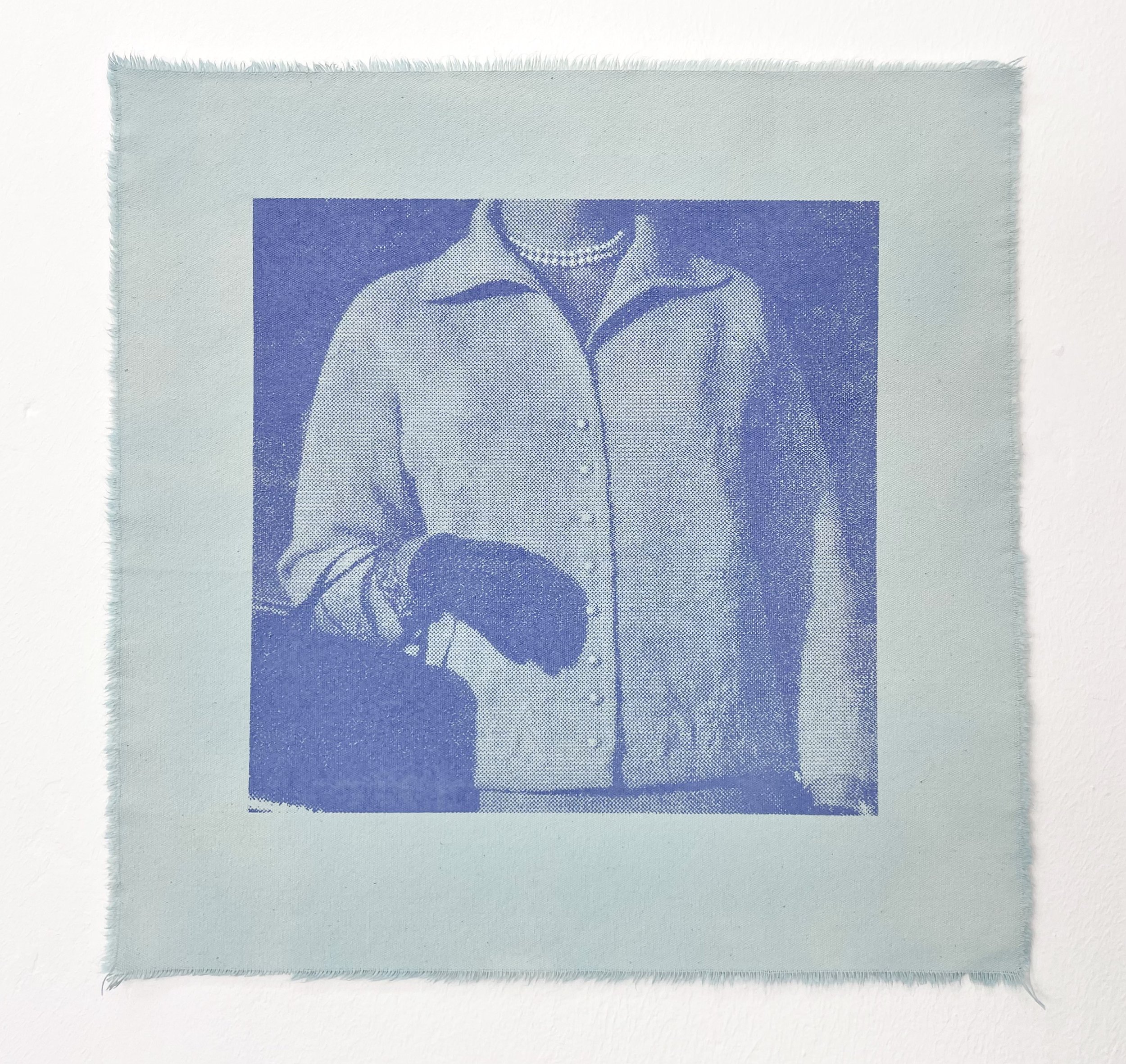Nina Turok Shapiro, Relative Silence, 2025
Tell me about a day you don’t remember
Alka Dass, Kirstie Pietersen, Nina Turok Shapiro, Sitaara Stodel, Thato Makatu and Zenaéca Singh
Curated by Aaliya Dramat, Aiden Nel, Erin Sweeney and Vida Madighi-Oghu
Mezzanine Gallery: 26.06.25 - 31.07.25
This exhibition explores the fragile, unreliable, and deeply romanticised nature of personal and collective memory. Memory does not function as a perfect archive, instead, it erases, distorts, and sometimes fabricates, shaping our understanding of ourselves and the world around us.
Memories are often treated as truth, as anchors of identity and experience, but they are fluid, unstable, and deeply subjective. Each time we recall a moment, we reconstruct it, colouring it with new emotions, associations, or gaps. Over time, the memory can shift so drastically that it becomes something else entirely. These subtle transformations raise essential questions: what do we lose with each act of remembering, and what do we create in its place?
We have invited a series of artists to explore the nuance and complex depth of memory. Their works navigate the spaces between presence and absence, clarity and distortion, fact and imagination. Drawing from personal experiences, they engage with memories of home, family, and the past, examining how these deeply intimate recollections shape—and are shaped by—our identities. They provoke us to reflect on three key failures of memory: the gaps in our archives (national, familial, and personal); the everyday details we naturally forget, and the ambiguity of inherited memories—those stories and emotions passed down to us that we feel deeply but may not have lived ourselves.
The artists show us romance in the making and unmaking of memory—how we look back not just to remember, but to imagine. Nostalgia tends to soften the edges of the past, presenting us with curated versions of ourselves, our histories, and our relationships. Here, romance is the longing, idealisation, and the deep emotional investment we place in certain memories. We ask: what does it mean to mourn a day you don’t remember, or to long for a version of the past that may never have existed? Suppose our identities are built on memories that are incomplete or imagined, what does that mean for our understanding of self?
Tell me about a day you don’t remember asks artists and viewers alike to consider how the act of remembering is shaped by forgetting. How do we fill in the gaps left by memory’s failure? Through imagination? Through repetition? And if so, are we recovering something real, or creating something new entirely?
So, we ask you:
Tell us about a day you don’t remember.

